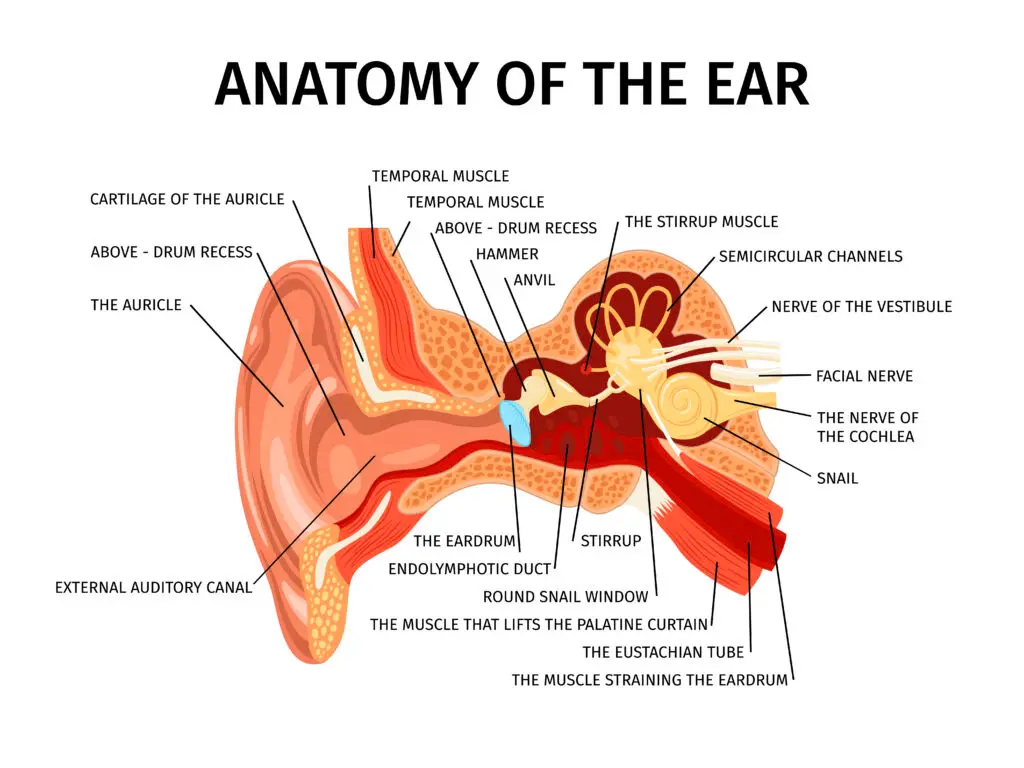Book A Free Consultation Appointment
We are here for you! Book you Physiotherapy Appointment by choosing one of the following option below
Write to us
Appointment@rcphealth.ca
Choose time slot
that work for you

;Image by macrovector on Freepik
Vestibular Physiotherapy can be an effective treatment for vestibular disorders, which are conditions that affect the inner ear and can cause dizziness, vertigo, balance problems, and nausea. Some of the Vestibular Disorders are mentioned below:
It’s important to work with a physiotherapist who has experience in treating Vestibular disorder to ensure that treatment is tailored to your needs and symptoms. Physiotherapists at RCP Health have done advanced certificate in vestibular Rehabilitation and ensure a comprehensive approach to Vestibular Rehabilitation and Management.
The signs and symptoms of vestibular disorders can vary depending on the specific disorder and the individual affected. However, some common signs and symptoms of vestibular disorders include:
Overall, if you are experiencing any of these symptoms, especially if they are severe or persistent, it is important to speak with a healthcare professional for proper evaluation and diagnosis.
Vestibular rehabilitation is a type of physical therapy that is designed to help individuals with balance and dizziness problems related to vestibular disorders, which affect the inner ear and the brain. The inner ear plays a critical role in maintaining balance and spatial orientation, and when it is not functioning properly, it can lead to symptoms such as dizziness, vertigo, and unsteadiness.
Vestibular rehabilitation programs are designed by our physiotherapists who specialize in treating vestibular disorders. The goal of these programs is to help patients improve their balance, reduce their dizziness and vertigo symptoms, and increase their overall quality of life.
Here are some ways that our physiotherapists can help with vestibular disorders:
Overall, treatment at RCP health is an effective part of a multi-disciplinary approach to concussion management, helping our patients recover from their injury and regain their quality of life.
Physiotherapists at RCP Heatlh can effectively treat carpal tunnel syndrome. Our physiotherapist can help you address the underlying causes of your symptoms and develop a personalized treatment plan to relieve pain, reduce inflammation, and improve function.
Some of the techniques that our physiotherapists may use to treat carpal tunnel syndrome include:
Overall, treatment at RCP health is an effective part of a multi-disciplinary approach to concussion management, helping our patients recover from their injury and regain their quality of life.
Write to us
Appointment@rcphealth.ca
Choose time slot
that work for you